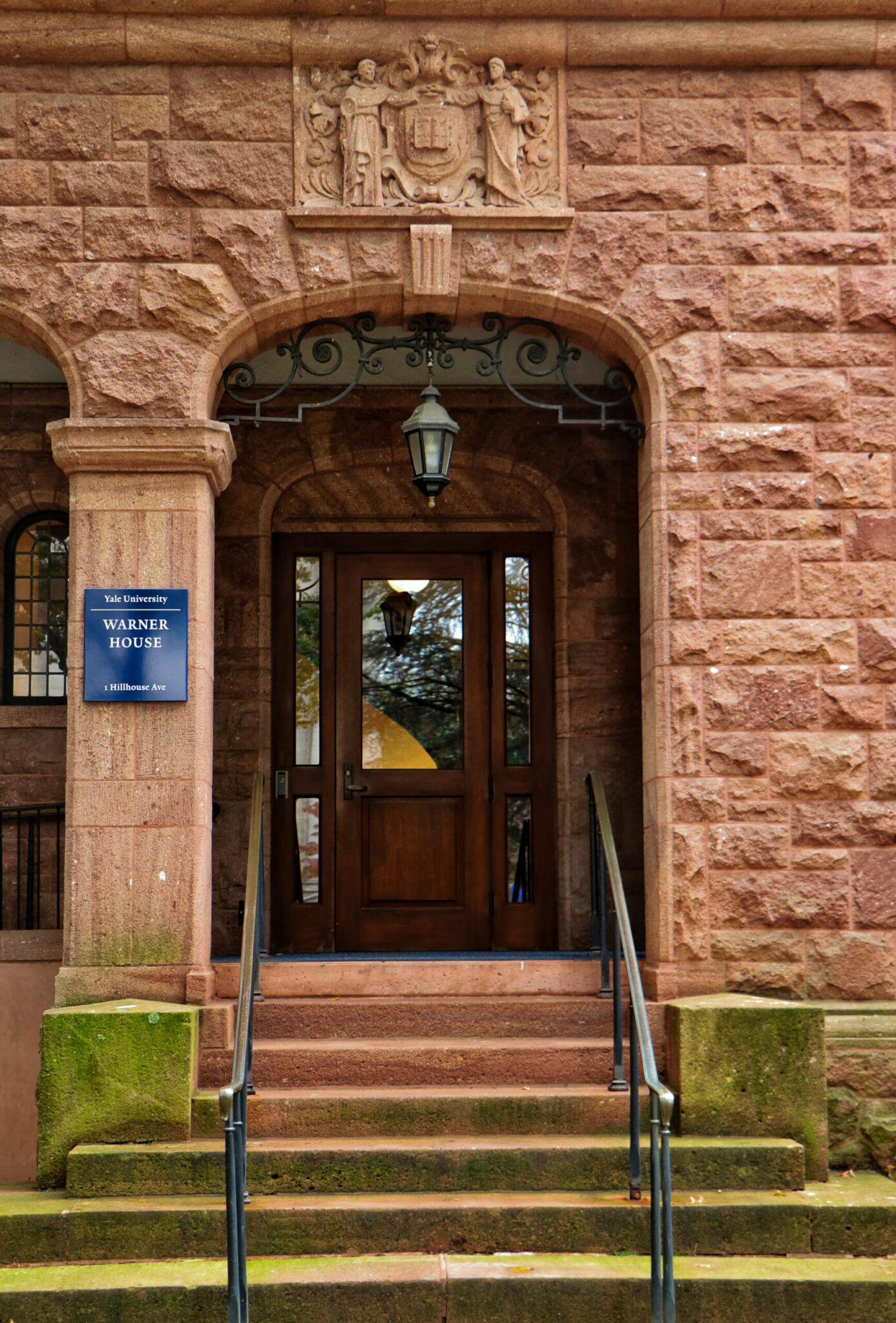Forbidden love: Faculty Senate proposes ban on certain romantic relationships between professors and grad students
In a new report, the FAS-SEAS Senate proposed that Yale ban relationships between faculty and graduate students in the same department, citing “career-impacting dangers.”

Vaibhav Sharma, Staff Photographer
Yale’s Faculty Senate is recommending that the University forbid relationships between faculty and graduate students in the same department.
Last week, the FAS-SEAS diversity committee published a five-page report containing 14 specific recommendations for Yale to update its policy on teacher-student relations.
“It came up through the Diversity Committee, which started talking about this over a year ago, perhaps two,” Meg Urry, a professor of physics and astronomy who chairs the Senate, wrote to the News. “I was one of the people who brought it up, having seen too many problems across astronomy and astrophysics nationally. That made it clear that we need a clear policy where dating and advising/mentoring were not interchangeable.”
Currently, teachers are only banned from engaging in romantic relationships with graduate students whom they are actively teaching or supervising, or may “reasonably become responsible for teaching.”
But the Senate asserts that this policy is too narrow in scope.
“Any relationship within a department or between members of closely related departments will disrupt the educational environment for all students and will expose faculty and students to career-impacting dangers,” the report states.
The report also notes that some members of the senate would like the policy to “apply across the board,” regardless of department. But, other members recognized that “living in a small town like New Haven can make social life difficult for young faculty,” who are often close in age to graduate students.
The FAS-SEAS Senate is a body of 25 elected faculty members who serve in an advisory role to the University administration. The report, though unanimously approved by the Senate, is purely a recommendation and will need to be addressed by the University provost, Scott Strobel, in order to become school policy.
“It’s a good first step, we raised the issue, and we hope the provost will take it from here,” Urry said.
Urry noted that Strobel would likely need to set up his own committee with appropriate representation from across the University in order to move forward on any recommendations.
Strobel confirmed that the report is in the review process and that he will discuss the Senate’s recommendations with the appropriate faculty deans.
“I am grateful for and share the FAS-SEAS Faculty Senate’s commitment to protect the integrity of the teacher-student relationship and to maintain a safe and supportive environment for graduate students,” he wrote.
He also noted that it will be important to review any recommendations alongside the new Title IX regulations expected to be released by the Department of Education this spring.
Another key senate recommendation is that any faculty-graduate student relationship that emerges must be “declared immediately” to the University’s Title IX coordinator. Any pre-existing relationships at the time the policy goes into effect must be immediately reported, too.
Failure to disclose a relationship may result in “sanctions,” specifically against the involved faculty member, who the report notes has the “primary responsibility for complying with this policy” by “virtue of their seniority.”
The proposals are intended to protect all parties, including those in the relationship as well as their colleagues, “from potential unfairness or retaliation” that may emerge from the complications of a relationship’s end.
In 2013, the University suspended John Darnell, a professor of Egyptology, for a relationship he sustained with one of his students. He resigned at the time, but he later returned to Yale and still teaches in the department.
The former student, Colleen Manassa — now Colleen Darnell — was Darnell’s student as both an undergraduate and graduate student; they are now married.
Urry told the News, however, that the Senate’s proposal does not stem from any rise in incidents recently, noting that “even one case is too many.”
“A colleague described something he heard another faculty member say, ‘I can’t date my students but I can date your students.’ Not good.” Urry wrote.
Yale banned romantic relationships between faculty members and any undergraduate students they teach in 1997, and it extended the policy’s reach to all undergraduate students in 2010. Yale took this action before many peer universities, including Harvard and Stanford.
According to the report, female graduate students are particularly vulnerable to the complications that may arise from faculty-student relationships, given that the fraction of female graduate students is far higher than that of female faculty.
The report also discusses the impact of faculty-graduate student relationships on other students.
“Even successful relationships have a disturbing effect on the student’s classmates, who experience the department differently because their classmate is dating their professor,” it says. “That is unfair to everyone.”
The FAS-SEAS senate was established in the 2015-2016 school year.







